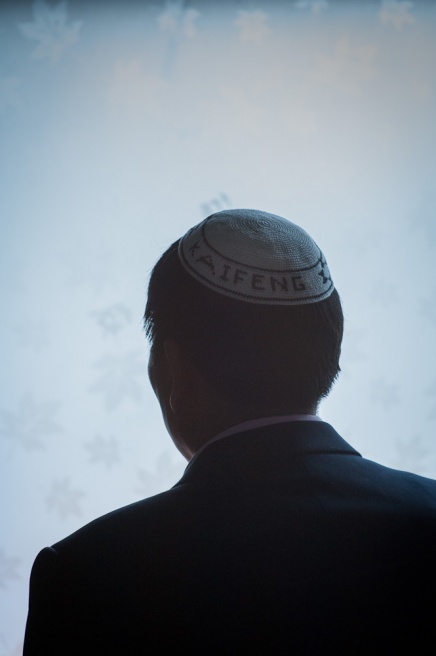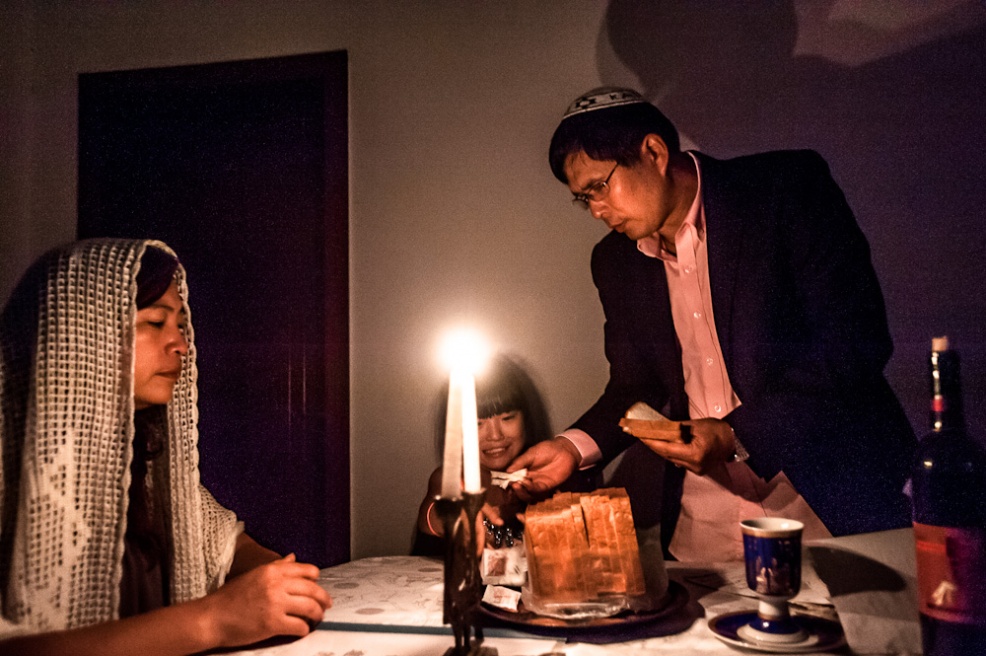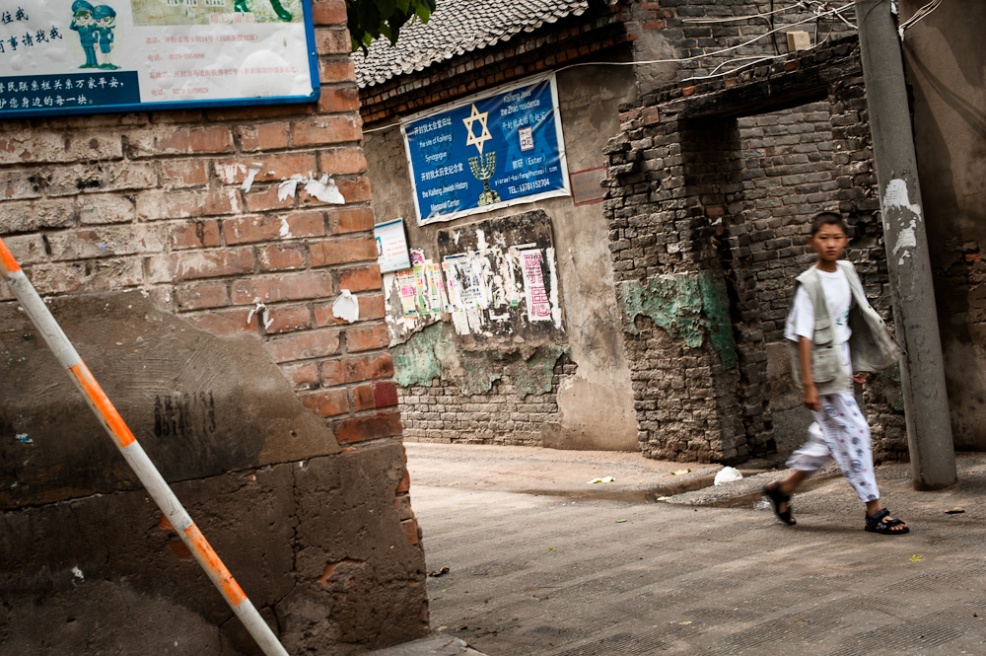Project Synopsis:
This project documents the daily lives of the Chinese Jewish community, which have rooted in the city of Kaifeng since the arrival of Jewish traders in the 10th century. Over the centuries, these people have kept their Jewish traditions as best as they could while blending into the Chinese culture. In the recent years, some members of the community have returned to Israel, fulfilling not only the biblical prophecies but also the dreams of their ancestors.
----------------------------------------------------------------------------------------------------------------------------------------------
Full Text:
“And he shall set up an ensign for the nations, and shall assemble the outcasts of Israel, and gather together the dispersed of Judah from the four corners of the earth.”
Isaiah 11:12 (KJV)
Isaiah’s prophecy becomes true; the descendants of Persian Jews from the Far East see the ensign and longing for the Aliyah: to return home after a thousand years.
Around the 10th century, a group of Persian Jewish traders traveling through the Silk Road arrived in Kaifeng, the capital city of China at that time. As with other peaceful traders, they were warmly welcomed; one of the Jewish families was even granted the Emperor’s surname, Zhao. In return, the Jews offered “Boundless loyalty to the country and Prince” and established a significant community that lasted for centuries.
They identified themselves as Yicileye people, a direct translation of “Israel” at a time when the modern state of Israel did not even exist. They worshiped the god and kept the kosher diet, while accustomed to their surroundings and absorbed in the culture. Living the Jewish life in a Chinese way, the Chinese Jewish community thrived for many centuries, until their synagogue was destroyed by a flood two hundred years ago and never rebuilt. Since then the community dwindled, many of them moved out and dissolved into the larger population. Without a place for congregation, many of the religious activities no longer continued. As a result of intermarriage starting around 14th century, they look similar to other Chinese. But one thing is in their blood and has never been changed: they know where they come from, and long to go back.
Although they have been there for so long, today most Han Chinese are barely aware of their existence. Formally, there is no such ethnic group recognized as “Jewish” in a country that consists of 56 ethnic groups. Besides the issue of official recognition, these Kaifeng Jews look no different to their Chinese neighbors. There is only one tiny detail that reveals their different background: they don’t eat pork. For this reason they have always been mistaken as Muslim by the locals. Although they have little knowledge about either Judaism or Islam, it is well known that Muslims never eat pork.
When the news of the establishment of the state of Israel arrived in 1948, many Kaifeng Jews believed that it was the time to return. Applications of return were being handed in to the Israeli embassy in Beijing, as soon as these two countries established diplomatic relations in 1992.
However the road to return home is not as easy as it seems. Different from Jewish matriarchal tradition, the Kaifeng Jews passed down their heritage as do the Chinese, through the paternal line. The ancestors of the Kaifeng Jews married local Chinese women and then had children and, for all practical Chinese reasons, felt completely comfortable raising their families in the formal Jewish traditions of kosher dietary laws, observance of the Shabbat and holy days, praying to one god in Hebrew, and myriad other very specific religiously determined practices. But it creates problems for their descendants to return home. According to the Law of Return, a person is born Jewish only if his or her mother is Jewish, otherwise a conversion is needed. Therefore, many considered them Jewish descendants rather than Jews.
On the other hand the road of return has been made more difficult as the Chinese authority denies the existence of the Jewish population in China. It is said that there are no Chinese Jews, only Chinese, period.
Even with so many obstacles, Aliyahs have been made. The return process, starting from preparing in China, for example learning basic Hebrew and bible knowledge, until final conversion in Israel, takes at least five years on average, much longer than most gentiles need. But this did not stop them. After years of waiting, half a dozen of Chinese Jews have been fully accepted and granted Israeli citizenship, while another six are studying in Jerusalem and undergoing the conversion. A small community of the returned Chinese Jews has after all slowly emerged and begun to thrive.








































